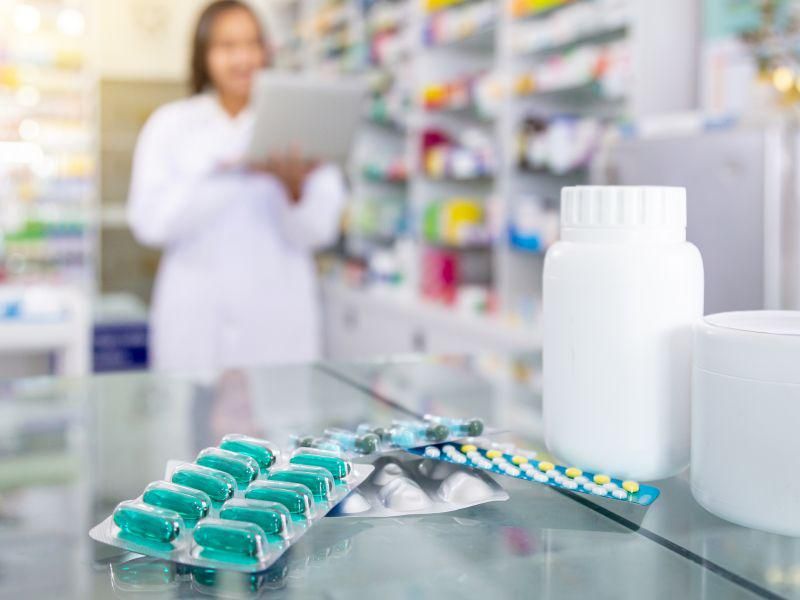FRIDAY, Jan. 15, 2021 (HealthDay News) — Now that federal guidelines have expanded COVID-19 vaccine eligibility to include people over 65 and those of all ages with underlying health conditions, drug stores say they are ready, willing and able to start giving the shots.
There’s just one slight glitch: supply. But with two vaccines already available and others moving toward emergency use authorization, experts say supply will likely soon catch up with demand.
As of Jan. 14, the Federal Retail Pharmacy Partnership Program has tapped two pharmacy chains per state to offer free COVID-19 vaccines. Pharmacies will be notified if they can take part in this initial rollout.
Spearheaded by Operation Warp Speed, the government’s vaccine development program, this plan will ultimately allow more than 40,000 pharmacies across the nation to inject 100 million vaccines in a month’s time. Already signed on as partners are CVS, Walgreens, Duane Reade, Costco, Walmart, Rite Aid, Publix and more.
Fully 250 million people in the United States are now eligible for COVID-19 vaccines, and pharmacies can help speed the slower-than-expected vaccine distribution process, said Kathleen Jaeger, senior vice president of pharmacy care and patient advocacy at the National Association of Chain Drug Stores (NACDS), an Alexandria, Virginia-based trade group representing chain pharmacies.
“With 40,000 drug stores and one vaccinator per store, it would be very easy to deliver 100 million vaccine doses in one month,” said Jaeger during an NACDS news briefing on Wednesday.
“Many people live within five miles of a local pharmacy, so it will be easier to give out the vaccines,” she said. “We stand ready, and our capacity is tremendous.”
Exactly how pharmacies will dole out COVID-19 vaccines is not fully understood yet. They may use an appointment system to avoid long lines and crowding, she said. The government asked 19 pharmacy partners to help develop a more precise game plan.
There has been some concern about allergic reactions to COVID-19 vaccines, and pharmacists can handle this as they have experience in giving flu and H1N1 shots, she said. “We always observe a patient for 15 minutes after a vaccine,” she noted. If a person has a history of life-threatening allergic reactions, they should get their vaccines under strict medical supervision, she added.
“Pharmacists can also dispel misinformation about the COVID-19 vaccine,” she said.
The new pharmacy initiative is on top of other federal programs that allow pharmacists to dole out vaccines, including the Pharmacy Partnership for Long-Term Care Program. As part of this program, Walgreens and CVS and Managed Health Care Associates, Inc., offer on-site COVID-19 shots to residents of nursing homes and assisted-living facilities. And a federal “transfer program” makes it possible for unused vaccines to be transferred from hospitals to pharmacies to arms, Jaeger explained.
“These vaccines are just sitting on shelves in freezers and refrigerators and need to be moved,” she said. “Transfer to community pharmacies that stand ready makes a lot of sense.”
More than 29 million vaccine doses have been distributed so far in the United States, and over 10 million people have received their first dose.
Hospitals will be releasing more doses now that they are confident that second doses will be available. The two vaccines currently in use require two doses. “National guidelines are needed as we move forward to make sure that no dose goes unused,” Jaeger added.
More information
The U.S. Centers for Disease Control and Prevention has information on where and when you can get your COVID-19 vaccine.
SOURCES: Kathleen Jaeger, senior vice president, pharmacy care and patient advocacy, National Association of Chain Drug Stores, Alexandria, Va.; National Association of Chain Drug Stores, media briefing, Jan. 13, 2021
Copyright © 2026 HealthDay. All rights reserved.

